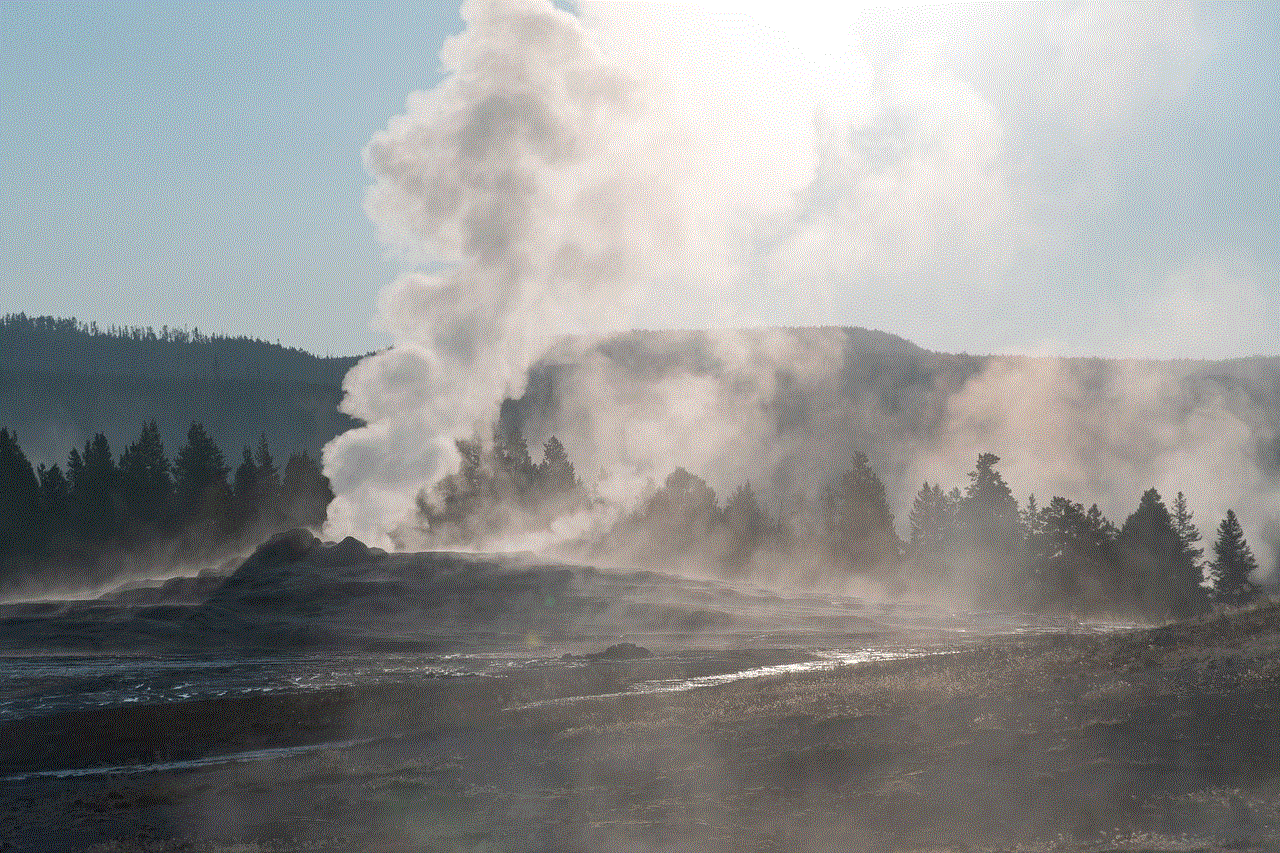should you say happy juneteenth
Juneteenth, also known as Freedom Day, Jubilee Day, or Emancipation Day, is an annual holiday celebrated on June 19th in the United States. It commemorates the day in 1865 when the last remaining enslaved African Americans in the Confederate States were informed of their freedom, two and a half years after the Emancipation Proclamation was issued by President Abraham Lincoln. This momentous occasion marked the end of slavery in the United States and has since become a symbol of freedom and liberation for African Americans.
The word “Juneteenth” is a combination of the words “June” and “nineteenth,” and is often referred to as “J19” or “Juneteenth Independence Day.” It is a day of celebration, reflection, and community, with parades, concerts, and other festivities taking place across the country. But, should you say “Happy Juneteenth?” This question has sparked debate and discussion in recent years, and in this article, we will explore the history and significance of Juneteenth, and whether it is appropriate to say “Happy Juneteenth” on this day.
The Origins of Juneteenth
To understand the significance of Juneteenth, we must first look back at the history of slavery in the United States. Slavery was deeply ingrained in American society, with the first enslaved African people brought to the colonies in 1619. The practice of owning and exploiting enslaved people continued for over 200 years, with millions of Africans forcibly brought to America to work on plantations and in homes.
In 1863, during the Civil War, President Abraham Lincoln issued the Emancipation Proclamation, which declared “that all persons held as slaves” within the Confederate States “are, and henceforward shall be free.” However, this proclamation only applied to states in rebellion against the United States, and it did not immediately free all enslaved people.
It was not until June 19th, 1865, that Union soldiers arrived in Galveston, Texas, and announced that all enslaved people were free, effectively ending slavery in the United States. This day became known as Juneteenth and has been celebrated as a day of freedom and liberation for African Americans ever since.
The Significance of Juneteenth
Juneteenth holds great significance for the African American community as it marks the end of one of the darkest chapters in American history. It is a day to remember and honor the resilience and strength of enslaved people and to celebrate their freedom.
For many African Americans, Juneteenth is a day of reflection and remembrance, as well as a time to celebrate the achievements and contributions of Black people to society. It is also an opportunity to educate others about the legacy of slavery and the ongoing struggle for racial equality and justice.
In recent years, the observance of Juneteenth has grown in popularity and recognition. In 1980, Texas became the first state to recognize Juneteenth as a state holiday, and today, 47 states and the District of Columbia officially recognize the day. In 2021, President Joe Biden signed a bill into law making Juneteenth a federal holiday, making it the first new federal holiday since Martin Luther King Jr. Day was established in 1983.
The Debate: Should You Say “Happy Juneteenth?”
As Juneteenth becomes more widely recognized and celebrated, the question of whether it is appropriate to say “Happy Juneteenth” has become a topic of discussion. Some argue that saying “Happy Juneteenth” takes away from the somber and reflective nature of the day and ignores the painful history of slavery and its lasting impact on Black communities.
Others argue that saying “Happy Juneteenth” is a way to acknowledge and celebrate the progress that has been made in the fight for racial equality, and to honor the resilience and strength of the Black community.
There is no right or wrong answer to this debate, as it ultimately comes down to personal preference and cultural understanding. However, it is important to recognize the historical context of Juneteenth and to be mindful and respectful of the experiences and feelings of others.
Other Ways to Celebrate Juneteenth
Whether you choose to say “Happy Juneteenth” or not, there are many other ways to celebrate this important day. Here are a few ideas:
1. Educate Yourself and Others: Take the time to learn about the history of Juneteenth and its significance. Share this knowledge with others and engage in discussions about race and equality.
2. Attend a Juneteenth Event: Many communities host Juneteenth events, such as parades, concerts, and festivals. Attend these events to show your support and solidarity.
3. Support Black-Owned Businesses: Use this day as an opportunity to support Black-owned businesses and entrepreneurs. This not only helps to stimulate the economy but also promotes diversity and inclusivity.
4. Donate to Organizations: Consider donating to organizations that support and uplift the Black community, such as the NAACP or the National Urban League.
5. Volunteer: Look for volunteer opportunities in your community that focus on issues of racial justice and equality.
6. Read and Watch: Read books and watch documentaries that explore the history of Juneteenth and the ongoing struggle for racial equality.
7. Reflect and Have Conversations: Take time to reflect on the progress that has been made and the work that still needs to be done. Have open and honest conversations with friends and family about race and equality.
Final Thoughts
Juneteenth is a day of celebration, reflection, and community. It is a time to honor the resilience and strength of the Black community, while also acknowledging the painful history of slavery and the ongoing fight for racial equality. Whether you choose to say “Happy Juneteenth” or not, the most important thing is to recognize and honor the significance of this day and to continue to work towards a more just and equitable society for all.
how to recover cleared conversations on snapchat
Title: Recovering Cleared Conversations on Snapchat : A Comprehensive Guide
Introduction:
Snapchat is a popular social media platform known for its ephemeral nature, where messages, photos, and videos disappear after a certain period. However, there are instances when you may accidentally clear or delete conversations that you wish to recover. This article aims to provide you with a comprehensive guide on how to recover cleared conversations on Snapchat , exploring various methods and tools available.
1. Understanding Snapchat’s Message Deletion Mechanism:
Before diving into recovery methods, it’s crucial to understand how Snapchat’s message deletion mechanism works. When you clear a conversation, it is removed from the user interface and marked for deletion. Snapchat’s servers keep the messages for a limited time before permanently deleting them. This means that while the conversation may not be readily accessible to you, there might still be a chance for recovery.
2. Immediate Steps After Clearing a Conversation:
If you accidentally clear a conversation on Snapchat and wish to recover it, act promptly. Firstly, make sure you do not close the Snapchat app as it may hinder the recovery process. Also, refrain from clearing any other conversations to avoid overwriting the data of the conversation you want to recover.



3. Recovering Cleared Conversations Using Snapchat’s Chat Backup Feature:
Snapchat offers a built-in feature called “Chat Backup” that allows users to back up their conversations and memories. To recover cleared conversations using this feature, you need to ensure that the backup is enabled on your device. Go to Snapchat settings, tap on “Chat,” and then select “Chat Backup.” From there, you can restore your conversations from the backup if it contains the desired cleared conversation.
4. Recovering Cleared Conversations Using Third-Party Apps:
Several third-party apps claim to offer Snapchat message recovery services. However, it’s important to exercise caution while using such apps as they might violate Snapchat’s terms of service or compromise your privacy. Some popular apps include Dumpster, Dr.Fone, and iMobie PhoneRescue. Research thoroughly and choose a reputable app if you decide to explore this method.
5. Contacting Snapchat Support for Assistance:
If the above methods do not yield the desired results, contacting Snapchat support directly might be your best option. Snapchat has a support page where you can submit a request for data recovery. However, keep in mind that Snapchat’s support team may not be able to retrieve every cleared conversation, especially if it has been deleted for an extended period.
6. Recovering Cleared Conversations Using Data Recovery Software:
If you have an Android device, you can use data recovery software such as DiskDigger or Dr.Fone to scan your phone’s internal storage for deleted Snapchat conversations. These tools work by searching for remnants of deleted data that might still be recoverable. However, note that these methods may not always be successful due to Snapchat’s encryption techniques and regular app updates.
7. Recovering Cleared Conversations on iOS Devices:
Unfortunately, iOS devices have limited options for recovering cleared Snapchat conversations. Apple’s strict security measures and Snapchat’s encryption make it challenging to retrieve deleted data. However, if you have previously backed up your iPhone using iTunes or iCloud, you can restore the backup to recover your cleared conversations.
8. Preventive Measures to Avoid Accidental Deletion:
While recovery methods exist, prevention is always better than cure. To minimize the chances of accidentally clearing conversations on Snapchat, follow these preventive measures:
– Enable “Chat Backup” in Snapchat settings.
– Use Snapchat’s “Memories” feature to save important conversations.
– Be cautious while clearing conversations and double-check before confirming the action.
9. Importance of Regularly Backing Up Snapchat Conversations:
To safeguard your Snapchat conversations from accidental deletion or loss, it is essential to regularly back up your chats. Snapchat’s “Chat Backup” feature is a convenient way to ensure that your conversations are securely stored, allowing you to restore them if needed.
10. Conclusion:
Recovering cleared conversations on Snapchat can be a challenging task, but it is not entirely impossible. By taking immediate action, utilizing Snapchat’s built-in features, and exploring third-party apps or data recovery software, you may have a chance to recover your conversations. However, it’s crucial to remember that success rates may vary, and prevention is always the best approach. Regularly backing up your Snapchat conversations and exercising caution while using the app can help minimize the risk of accidental deletion in the first place.
facebook friend location finder
facebook -parental-controls-guide”>Facebook Friend Location Finder: A Comprehensive Guide
In today’s interconnected world, social media has become an integral part of our lives. Among the various platforms, Facebook stands out as one of the most popular and widely used. With over 2.8 billion monthly active users, Facebook allows people to connect with friends, family, and acquaintances from all corners of the globe. One of the most intriguing features of Facebook is the ability to find the location of your friends. In this article, we will explore the Facebook Friend Location Finder and delve into its functionalities, benefits, and potential concerns.



1. Introduction to Facebook Friend Location Finder:
The Facebook Friend Location Finder is a feature that enables users to discover the whereabouts of their Facebook friends. It uses a combination of methods, including GPS location data, IP addresses, and user-provided information, to determine the location of a friend accurately. This feature allows users to keep track of their friends’ movements, plan meetups, and stay connected across different time zones and geographical locations.
2. How does Facebook Friend Location Finder work?
Facebook Friend Location Finder works by utilizing the information users provide on their profiles, including their current city, hometown, and other location-related details. Additionally, it can access GPS data from mobile devices or use IP addresses to estimate a person’s location. By combining these sources, Facebook can provide users with a fairly accurate representation of their friends’ whereabouts.
3. Enabling Facebook Friend Location Finder:
To utilize the Facebook Friend Location Finder, users must ensure that their location settings are enabled. By default, Facebook uses the location information provided by users on their profiles. However, users can choose to adjust their settings to allow or restrict access to their location data.
4. Benefits of Facebook Friend Location Finder:
4.1. Staying Connected: Facebook Friend Location Finder allows users to stay connected with their friends, regardless of their physical location. This feature is particularly useful for people who have friends living abroad or those who frequently travel for work or leisure.
4.2. Planning Meetups: With the help of Facebook Friend Location Finder, users can plan meetups more effectively. By knowing the approximate location of their friends, they can select a convenient meeting point and ensure that everyone can attend.
4.3. Safety and Security: Facebook Friend Location Finder can also enhance safety and security. In case of emergencies or natural disasters, users can quickly determine if their friends are in affected areas and offer assistance or support.
4.4. Discovering New Places: Another exciting aspect of Facebook Friend Location Finder is the ability to discover new places. By seeing where their friends have checked in or posted pictures, users can get recommendations for restaurants, tourist attractions, and other points of interest.
5. Privacy Concerns:
While Facebook Friend Location Finder offers numerous benefits, it also raises valid privacy concerns. Some users may feel uncomfortable with the idea of their friends knowing their exact location at all times. To address these concerns, Facebook provides various privacy settings that allow users to control the visibility of their location information.
6. Facebook Friend Location Finder and Real-time Tracking:
It is worth noting that Facebook Friend Location Finder does not provide real-time tracking of friends’ movements. The feature only displays the last known location of a friend, based on the information available at the time of their check-in or update. Therefore, users should not rely on this feature for precise, up-to-date location information.
7. Limitations of Facebook Friend Location Finder:
Despite its usefulness, the Facebook Friend Location Finder has certain limitations. Firstly, it relies heavily on the information users provide on their profiles. If a friend has not updated their location or provided accurate details, the feature may not provide an accurate representation of their whereabouts. Additionally, users have the option to disable location settings, which restricts the feature’s functionality.
8. Alternatives to Facebook Friend Location Finder:
If Facebook Friend Location Finder does not meet your requirements, several alternative apps and services offer similar functionalities. Some popular options include Find My Friends (iOS), Google Maps location sharing , and Life360. These applications provide real-time location tracking, making them more suitable for users who require precise and up-to-date information about their friends’ whereabouts.
9. Conclusion:
Facebook Friend Location Finder is a valuable feature that enhances the social experience on the platform. It allows users to stay connected, plan meetups, and discover new places. However, it is crucial to strike a balance between the benefits and potential privacy concerns associated with this feature. By understanding and utilizing the privacy settings provided by Facebook, users can enjoy the benefits of the Facebook Friend Location Finder while maintaining control over their personal information.



10. Disclaimer:
It is important to respect others’ privacy when using Facebook Friend Location Finder. Always obtain explicit consent before sharing someone’s location information or checking in on their whereabouts. Remember that privacy preferences may differ from person to person, and it is essential to respect individual boundaries and preferences.